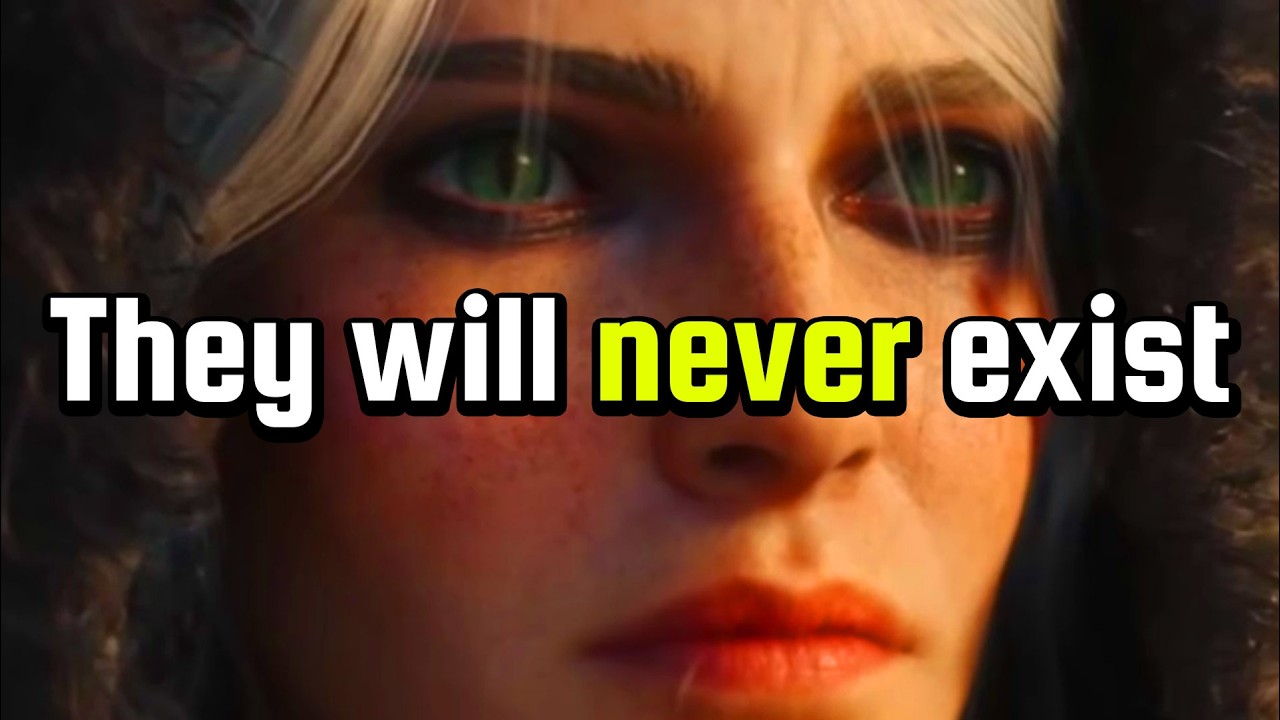The speaker laments that the groundbreaking “super games” of the future, featuring innovative multiplayer experiences and dynamic worlds, have yet to materialize, largely due to industry focus on profits and risk aversion. He is optimistic that indie developers, empowered by technological advancements, will lead the way in creating ambitious, revolutionary games in the coming years, heralding a new golden age of creative gaming.
The speaker reflects on the current state of gaming and the absence of the “super games of the future” he envisioned during his childhood. Despite impressive tech demos like Witcher 4’s Unreal Engine showcase, he feels that truly groundbreaking, next-generation titles—those that become cultural phenomena or redefine genres—are still missing. He questions where the massive, innovative multiplayer experiences, dynamic worlds, and evolving gameplay systems are, especially as we approach 2030, and laments that many anticipated advancements seem delayed or unrealized.
He reminisces about early MMOs like World of Warcraft, where the idea of dynamic, player-influenced worlds seemed possible. However, over time, the industry has stagnated in delivering these visions, focusing instead on polished but familiar gameplay. He emphasizes his desire for more ambitious titles that push technological boundaries, such as large-scale multiplayer battles, detailed open-world RPGs with unique mechanics, or new genres entirely—games that could revolutionize how we experience virtual worlds. Despite the potential, these ideas often remain unfulfilled, replaced by monetization schemes and safe investments.
The speaker criticizes the modern gaming industry’s focus on profits over innovation, highlighting how risky, creative projects are often sidelined in favor of monetization-driven models. He imagines what could be possible if developers dared to create ambitious, niche titles—like a medieval MMO with dynamic maps, a high-seas piracy game with deep gameplay, or a dragon-riding fantasy RPG—yet these ideas rarely materialize. These concepts, he argues, are commercially viable and would appeal to players, yet they remain unrealized due to industry risk aversion and profit-driven priorities.
He discusses the current landscape, expressing skepticism about upcoming major titles like Starfield or the next Elder Scrolls, fearing they may not live up to past successes like Skyrim. He notes that outside AAA, indie developers are increasingly capable of creating high-quality, ambitious games thanks to lower barriers to entry and advances in AI tools. He praises recent successes like Baldur’s Gate 3 and Expedition 33, which exemplify the potential for passionate, well-crafted projects outside the AAA system, and sees the indie scene as the future birthplace of the “super games” he longs for.
Ultimately, the speaker envisions a future where independent developers, empowered by technological advancements, can produce large-scale, innovative games without the need for massive budgets or questionable monetization tactics. He hopes that within the next five years, small teams will be able to create titles rivaling the scope and ambition of projects like Star Citizen. While acknowledging that we may still have to wait until 2028 or beyond for the next truly revolutionary game like The Witcher 4, he remains optimistic about the potential for indie games and new tools to bring about a new golden age of gaming—one driven by creativity, passion, and innovation rather than industry risk aversion.
